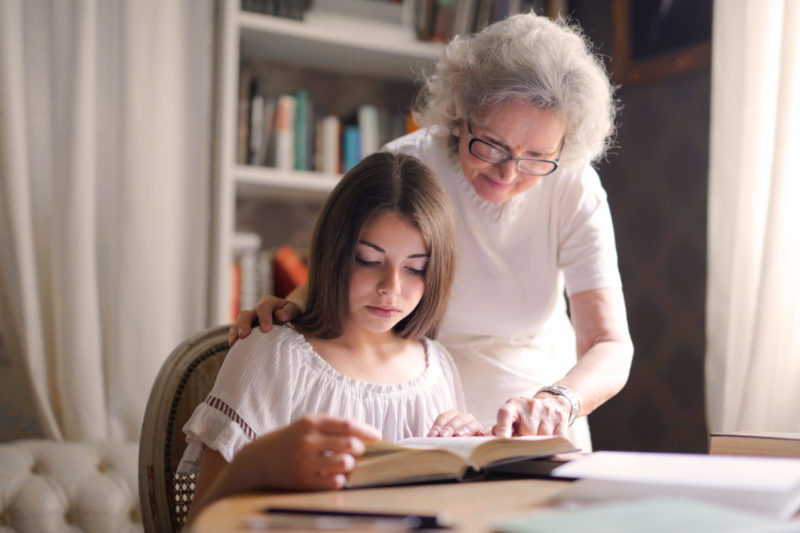From The Imprint Youth & Family News — Like many working caregivers, Gail Engel of Loveland, Colorado, sees few good options for the fall. If she stays home to help her grandson interact with his special education teacher virtually, the loss of income will imperil the family’s financial stability. If she sends him back to school, she runs the risk he could return home with the virus that causes COVID-19.
“I don’t have much choice here, making a life or death decision,” said Engel, who leads the Grand Family Coalition, a nonprofit that trains and supports kinship caregivers.
Engel turns 65 just a few days before the school year begins on Sept. 1. She is especially worried because the disease ravaging the country has been most unforgiving to older adults, and she and her husband are both immunocompromised.
“If something happens to us, he will have no one,” Engel said.
In a news briefing convened by the national nonprofit Generations United on Tuesday, Engel and other caregivers across the country underscored the precarity kinship families are facing – and the need for hasty solutions.

Nationwide, more than 2.5 million children live primarily with relatives, a third of them with grandparents, according to the federal Administration for Children and Families. Many of these caregivers can’t distance themselves from young people for their own safety, yet they are keenly aware that they can only continue providing a safe and stable home if they stay healthy. After nearly six months fending for themselves, grandparents say they need more help to support the kids in their care, who are often particularly vulnerable due to histories of trauma or special needs.
“Many grandfamilies are now navigating two crises – the crisis that brought the kids into their care in the first place and the COVID-19 pandemic – and they’re having to do it alone,” said Jaia Peterson Lent, deputy executive director of Generations United.

